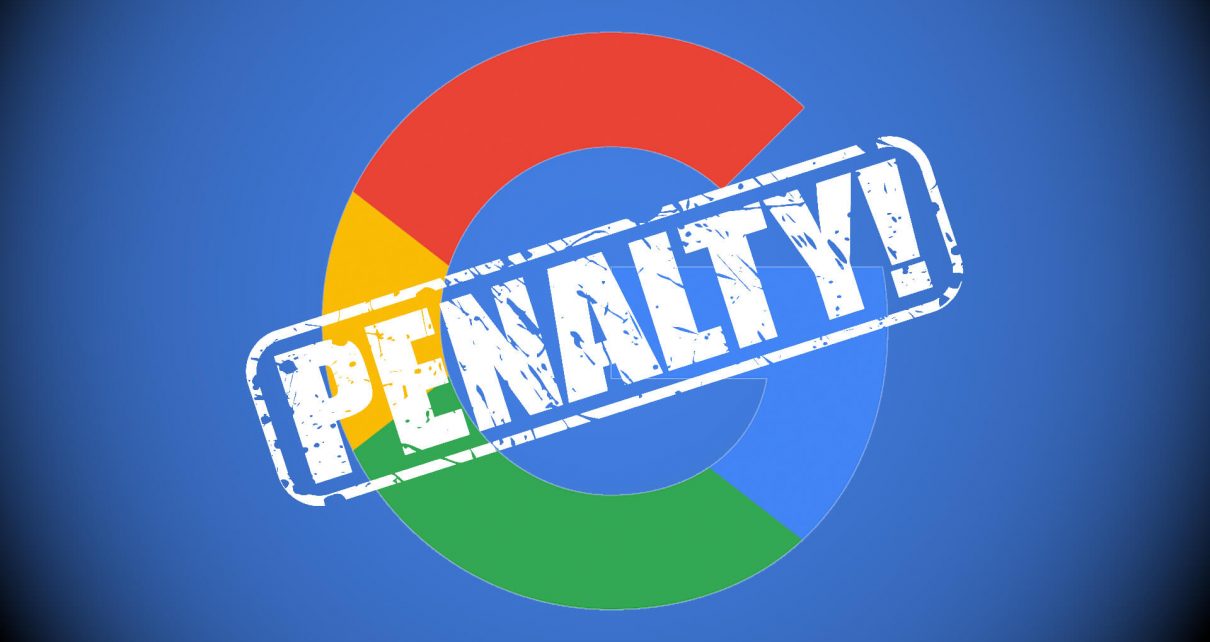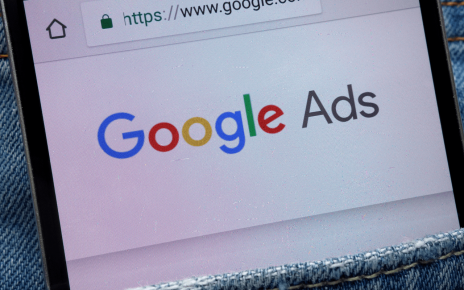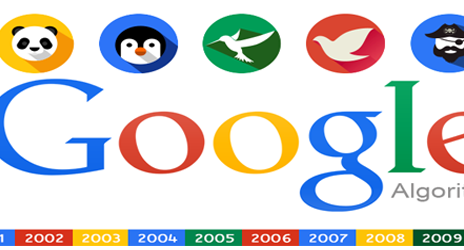“Penalty,” as the word suggests, is penalizing someone for breaking a rule or a law. The word is most familiar with people who are football fans. Penalties imposed by Google on websites are essentially due to the given sites going against the rules devised by the organization. Violating a Google policy might result in a negative impact on a website’s ranking with the changes to the Google algorithm, or it can even result in completely restricting or de-indexing the content from the search results.
Types of Google Penalty
● An automatic penalty by Google’s Algorithm – An algorithmic penalty by Google is an automated action taken by the algorithm to lower the website’s search ranking.
● Manual Penalty by Google – Like the name suggests, manual penalties are not automatic and are imposed after a team of workers investigates deeply into a website. If there seems to be any rule-breaking, then a manual penalty is inflected.
How is an Algorithmic Penalty different from a Manual Penalty?
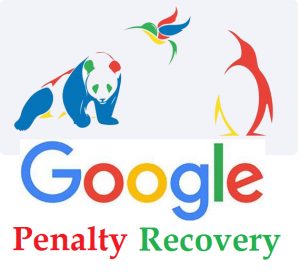 A central metric to check if the website contains content that violates the guidelines and punishes them. The Google Panda Update algorithm helps increase the quality of the search results by lowering the visibility of bad-quality websites. The Google Penguin Update helps identify the substandard tactics used by the websites for achieving a higher position in the search results, also called ‘Webspam’.
A central metric to check if the website contains content that violates the guidelines and punishes them. The Google Panda Update algorithm helps increase the quality of the search results by lowering the visibility of bad-quality websites. The Google Penguin Update helps identify the substandard tactics used by the websites for achieving a higher position in the search results, also called ‘Webspam’.
Whereas in the Manual Penalty by Google, the search team manually reviews each website to identify if it went against any of the Google Webmaster Guidelines. The main reasons for a Google Penalty that is imposed manually can be pure spam, bad links on a website, hidden links, content adding no value, and so much more.
What are the Major Google Algorithm Updates in 2022?
The Google search engine makes use of a combination of complex algorithms to find any rule-breaking automatically and sends the results instantly to examine. Google launches a thousand changes every year now, whereas it was limited to only a handful in the Webmaster’s early years.
Google Updates in May 2022
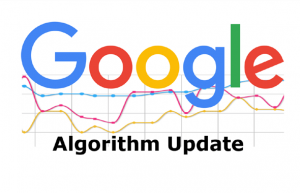 ● Google’s Broad Core Update 2022- Google introduced the first broad core update of the year on 25th May and is said to roll out in a couple of weeks. Core updates are changes made to improve the search results constantly. Broad Core Update 2022 is not a form of penalty but a reward for the websites that were under-rewarded beforehand. This Core Update is going to be a global update and will impact all websites in every language. The update will bring back the time of fluctuation in website rankings.
● Google’s Broad Core Update 2022- Google introduced the first broad core update of the year on 25th May and is said to roll out in a couple of weeks. Core updates are changes made to improve the search results constantly. Broad Core Update 2022 is not a form of penalty but a reward for the websites that were under-rewarded beforehand. This Core Update is going to be a global update and will impact all websites in every language. The update will bring back the time of fluctuation in website rankings.
If your website lies under this broad core update, there is nothing to be fixed by the owner of the website, which was confirmed by the official Google blog post. Google keeps refreshing its updates periodically, which can go unnoticed by an individual.
● Possible Google search algorithm update 2022- Showing signs of slight changes since the 1st of May, Google SERP has kept the SEO Community talking and analyzing the possible new algorithm update for Google ranking. People have been experiencing notable changes in their ranking and in the traffic, they are receiving. Users have been encountering drops and gains in their rankings, but Google has not announced anything officially.
Google Updates in April 2022
● Google Search Ranking Algorithm Update April 2022- The SEO Chatter community observed quite a few changes in the Google search ranking algorithm on 18th April and a possible continuation update on 20th-21st April. But Google has not officially confirmed any update rollout till now. Users are seeing less spam and a very weird traffic presence.
Under such circumstances, an individual must optimize the content of the page with the lowest traffic. Rectifying and improving help recover from a Google penalty.
Some of the recovery points to bear in mind are:
● Identify the content impacted by the update, specifically those that have witnessed a considerable dip in traffic.
● Reassess the content quality – is it informative and trustworthy and not drawn from other sources.
● Analyze how the content is rated from an EAT perspective (Expertise, Authoritativeness, and Trustworthiness)
● Evaluate the backlinking profile and increase guest blogs or social shares.
● Publish fresh content.
What are the major reasons for Google Penalties?
A Google Penalty can cause your website ranking to go low on a Google Search Result leading to low visibility. Sometimes content can be completely restricted from the search results. Not everyone understands why their website is penalized; sometimes, people do not even know if their website has been hit by Google Penalty. Alongside the big updates, Google takes 400,000 little manual actions, which are hard to keep track of. The following are the common Google penalties and how to fix them.
Keyword stuffing –
We all know how important a role keyword plays in search engine ranking. While learning about SEO, inserting the right number of keywords is the first topic anyone learns. There was a time when this black-hat tactic worked, but with the ever-updating Google algorithms, one gets penalized for stuffing SEO keywords. Although keyword stuffing might help in a higher ranking for a little while in the long run, this tactic has no worth. Google can penalize a website for keyword stuffing either by demoting the ranking or by completely removing the content. Google despises this black-hat tactic because its focus is on thrashing the search engine’s algorithm rather than the user experience.
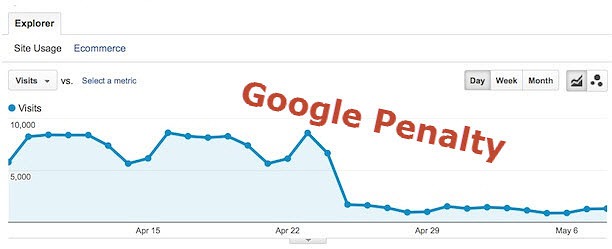
Google penalty for hidden links –
Hidden texts and links on one’s website for the sole purpose of increasing the website ranking can be seen as a clear violation of the Webmaster’s guidelines. Deceiving the algorithm by hiding text behind images, writing on a white background, using the font size 0, using off-screen text, or by linking a single character can be penalized by Google for rule-breaking. Although not all hidden texts are meant to be penalized, using technologies like JavaScript or using descriptive text for images for the purpose of improving accessibility is not considered to be a violation.
Google Penalty on bad links –
Irrelevant and low-quality links are very bad for one’s website ranking because Google sees it as a degradation of user experience and can penalize it. There are certain things that no one wants to see and incorporating such links into a website can result in completely restricting the content. Link spam is also a grey area. Like keyword stuffing, link spamming is a tactic to focus on more traffic and visibility of a website rather than user experience.
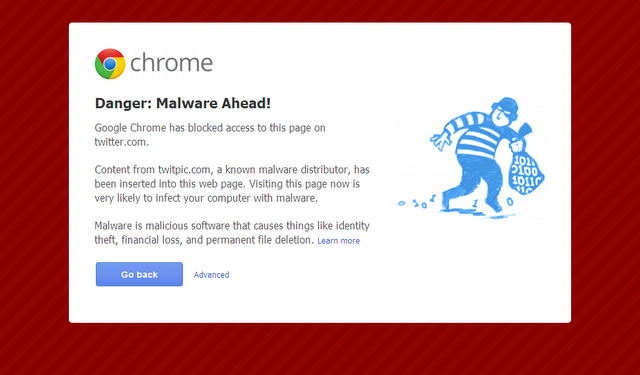 Google Penalty for data issues like thin content on pages –
Google Penalty for data issues like thin content on pages –
Thin content is content that is irrelevant and adds no value. Thin content can include affiliate content that is of low value, and no relevance, auto-generated content, plagiarized content from other sources, and all these acts can be penalized by Google.
Google Penalty for Malware and other unwanted software in a website –
Malware, spyware, adware, and other viruses are designed for the sole purpose of harming someone’s computer or mobile phone. These viruses let an individual lose control over their devices. Similarly, other unwanted software can be in the form of files and downloading negatively impacting a user’s browsing experience. Google will penalize a website if they find it incorporating such files and software.
Google Penalty for missing or wrong redirection –
Redirecting a website’s URL is a way of settling down the existing website URL. By redirection, a website tells its users that there is a new location for the content they are interested in. Missing or the wrong direction might give both websites a low ranking in the Google Search Engine Result Pages.
Google Penalty for duplicate content –
Duplicate content refers to a piece of content that is a complete match or very similar to existing content on the Internet on some other website. Google considers it to be a deceptive tactic used by websites to gain more traffic or simply manipulate the search engine ranking algorithm.
How to Recover from any Google Penalty?
Getting hit by a Google Penalty can tumble down your years of hard work and can be the worst thing happening to any individual. Although recovering from a Google Penalty can be an arduous task, one can get their website back on track with the right steps.
To keep in the loop, one must always keep an eye on their website’s current ranking on the Google Search Engine Result Pages (SERP). Comparing their current ranks with their old ones gives an idea if one’s website is really penalized under any of the Webmaster’s Guidelines violations because the major impact of Google Penalty is demoting a website ranking.
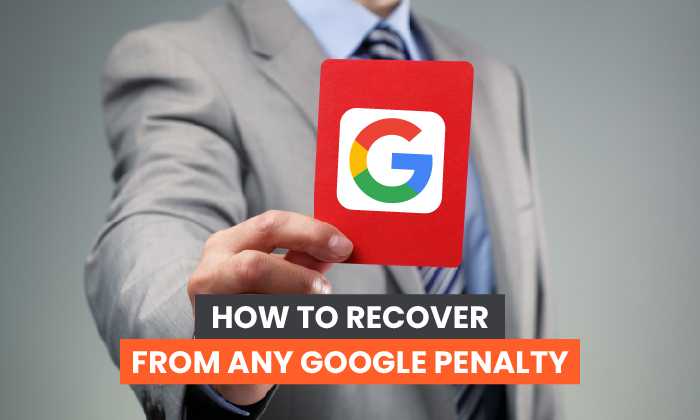
● Google has a blog post called Google Search Central, where the organization posts all kinds of updates and changes made during the entire time. A website owner must regularly read all the blog posts to keep up with the new algorithmic updates and change their website content consistently.
● Investigating if one’s website is hit by a recent algorithm update. To do the same, one can log into their Google Analytics Dashboard and compare their drops in visibility, if any, and compare with the recent updates.
● The next step towards Google Penalty recovery is to identify which update hit the website’s ranking. Check which of the pages on your website has the highest rate of drop in traffic from the Google Ala lyrics dashboard. That page is more likely to be hit with a penalty by Google. Compare the fall date with the recent algorithm update dates.
● The next step towards Google Penalty recovery is to run a content audit of your website. It will help a website unveil the cause of a penalty by Google if it is for any content reason. Getting rid of bad backlinks, content gaps, and such technicalities will help reach the website to the rank where it belongs.
● After checking in everything thoroughly and improving the web page according to the updated guidelines of the Webmaster, the website is ready to send for reindexing through the Google Search Console. After this, one can only hope for the best.
An SEO checklist for your website to know more about content errors and how to fix it
Bad or spammy backlinks-.
The practice of bad or spammy backlinks is a bad influence on their SEO strategies and can have a negative impact on the ranking of the website. Spammy backlinks can be penalized by both automatic and manual Google Penalties. Google Penguin Update is designed to identify backlinks and penalize web pages that focus on manipulating the search engine results page.
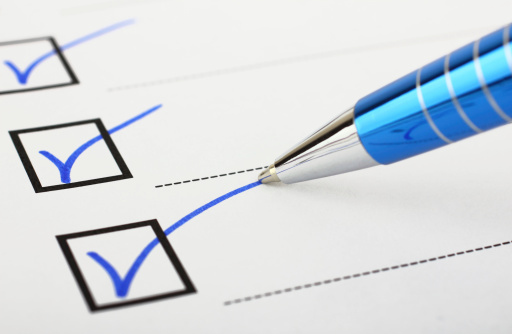
Duplicate content or keyword stuffing –
The presence of duplicate content on a website intentionally or unintentionally can result in low rankings on Google’s search engine result pages. Duplicate content means a piece of content that is either the same match or very similar to an existing piece of content on any other Internet domain.
Loading speed –
Google can penalize your site for poor performance. Google algorithm ranks such websites lower than their competitors, which in return give them less or no traffic at all.
The slow loading speed can be prevalent due to a few reasons like intricate themes, plug-ins that do not work, embedded media, and the excessive number of redirects. Fixing these problems can fix the issue of the slow loading speed of one’s website. Eliminating unresponsive plug-ins, simplifying the themes, and deducting the excessive redirects can help to push your website higher in ranking.
Frequently Asked Questions
What is a Google Penalty?
Google Penalty is a negative impact imposed on your website in response to breaking the Webmaster’s Guidelines. The negative impact may lead to demotion in search engine ranking or completely removing the content.
How can Google Penalties be avoided?
In order to keep safe from Google Penalties, one must keep up with the blog posts of Google Search Central; they put out announcements for new updates, which will help in optimizing your website accordingly. Always make original, quality content, avoid buying links, and do proper keyword research.
How long can it take to recover from a Google Penalty?
After submitting your website for reconsideration to the Google Console, you can expect your results in 10-30 days.
How to recover from a Google Penalty?
To recover from a Google Penalty can be quite a task. The following are the steps to recover from a Google Penalty –
1. Check the indexing of your Web Page
2. Compare the current ranking of your website with the old one.
3. Check which page on the website has seen the highest drop and investigate its CTR and average ranking.
4. Make changes in the content of your website accordingly. Remove bad backlinks, replace duplicate content and make other changes.
5. Submit the improved website for reconsideration to the Google Search Console.
What are the major reasons for Google Penalty?
The main reasons for Google penalties include irrelevant keyword target or keyword stuffing, irrelevant or bad content, thin content, bad backlinks, wrong redirection, viruses in websites, and so much more.
Final Thoughts
Recovering from both manual and algorithmic penalties is vital after a proper analysis. Once you have understood the cause of the penalty, the same can be addressed to ensure that the rankings do not drop. Given the dynamic manner in which Google ranks, it is crucial to implement moderation tools on the website and focus on good content. This would ensure that the ranking and traffic are improved.

